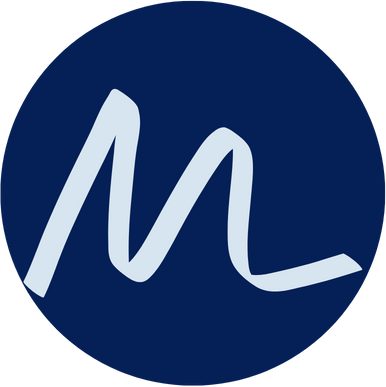Personality Assessments in the Workplace
Personality assessments in the workplace are helpful if you look beyond behaviors and see motivations. Self-awareness and Others-awareness are key.
A few months back, a post came out from renowned organizational psychologist, Adam Grant, around the Myers–Briggs Type Indicator (MBTI), and more specifically, personality assessments in the workplace (i.e. Enneagram). While thought provoking and humorous, Adam’s break up letter with the MBTI has since been challenged by professionals and everyday employees. As a human, a psychologist, and business owner, I want to challenge Adam’s sentiment of ‘not getting started on the Enneagram’. So, let’s get started!
Let me talk about what the Enneagram is not. The Enneagram is not the “Trendeagram.” With the pandemic, social media, and even online dating, there has been a surge in the use of personality Typing (including some incredibly hilarious memes). Folks looking to belong, to be known, and to connect find the 1-9 numbering system useful in identifying behaviors. While its popularity has grown, the tool has been inappropriately used, only providing users with a static and stagnant typing, allowing each and every one of us to scream “this is who I am, and you’re stuck with me!”
So, what’s missing? The Enneagram reaches beyond our behaviors and reaches into our MOTIVATIONS. The #motivation “why” of our behaviors, it is a self-awareness meter on a continuum. Any and every day you show up differently based on your biology, biography, bias, and backstory. (Not to mention how well you slept or your hunger level). Haruki Murakami informs us that, “Body cells replace themselves every month. Even at this very moment. Most everything you think you know about me is nothing more than memories.” This is complex stuff. Especially when you apply it to a team and relationships. Basically, we are constantly changing, and the Enneagram assessment honors that.
Personality types are typically attributed to a set of traits or characteristics that individuals possess, determining how they perceive and interact with the world around them. I admit, we are all incredibly unique, and as humans we also share commonalities, which is where pathology comes from. This is precisely why we coach, why we are curious, why we invest in Story. The Enneagram gives us a starting place for understanding motivation, the “why” to our behavior and we have the privilege to enter other’s lives by hearing the unique stories that make up the individual in front of us. Learning your why and my why, we learn skills that help us interact and as a result, increase our EQ and efficiency at work.
I invite change and complexity with the Enneagram. I instruct you to “try on a new behavior, but leave the tags on, in case you want to return it.”
I leave you with two action points:
Find a coach. Processing with another creates a mirror to see worldviews, filters, triggers, and blind spots.
Move into action. The question is always, “NOW WHAT?”
